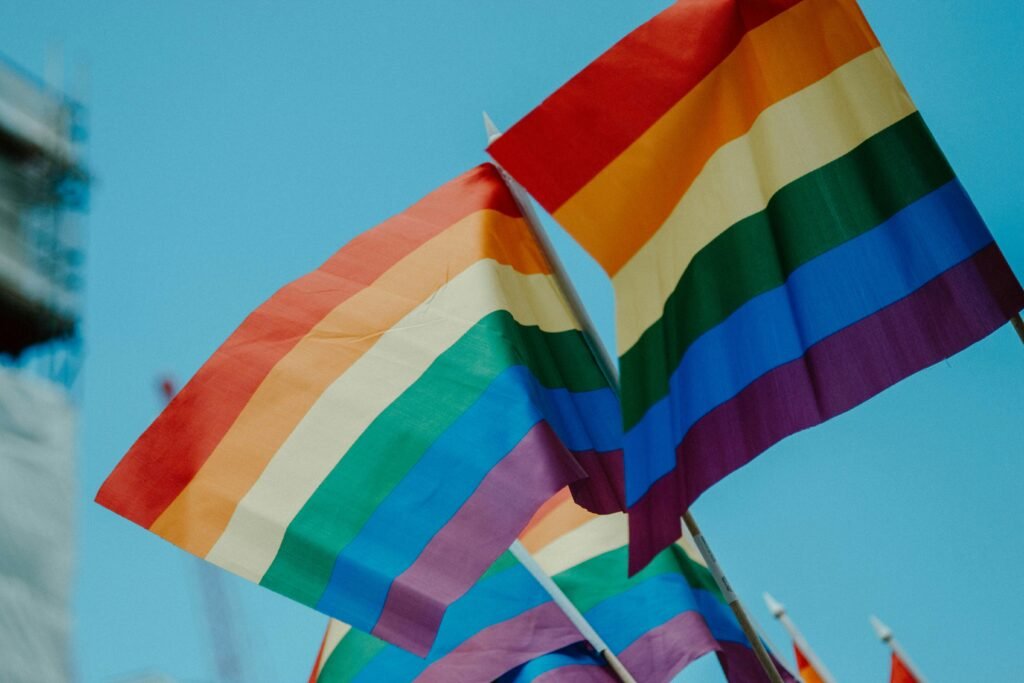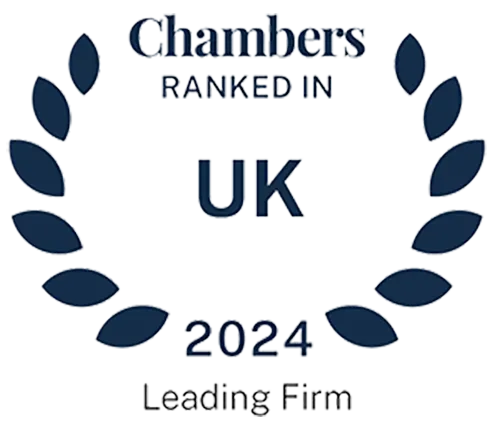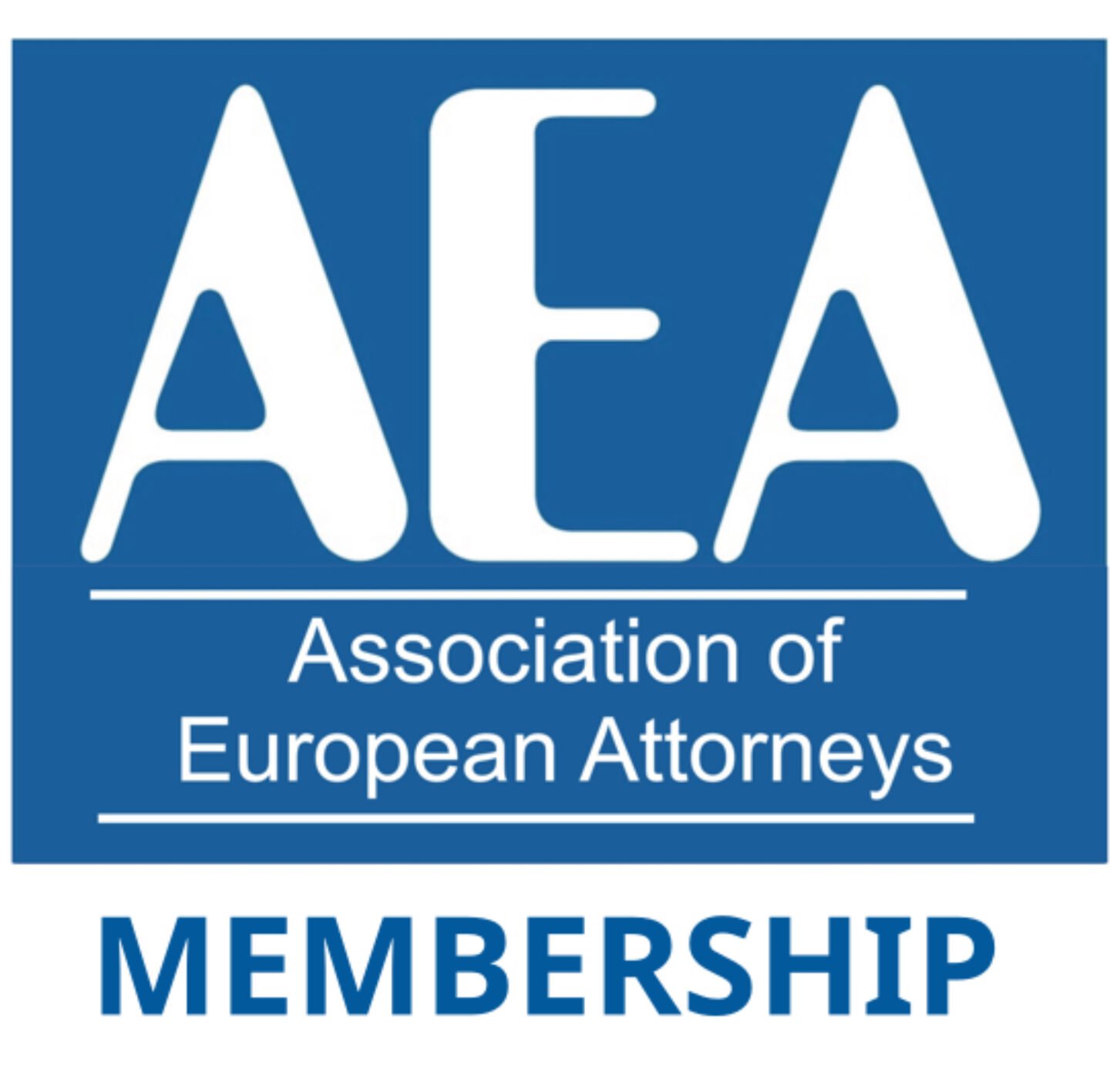
As we draw to the end of Pride month, it is important to reflect on the developments in the law that protect LGBTQ+ families and examine how the law must reflect changing cultural developments towards the rights of LGBTQ+ individuals. We examine the current protections offered in the processes that family law encompasses.
Established in the Adoption and Children Act 2002, LGBTQ+ parents are now recognised as possessing similar rights to heterosexual couples regarding their rights in family law, namely in the situations of separation and second parent adoption. Though since the Civil Partnership Act 2004, LGBTQ+ individuals been legally able to enter into civil partnerships and later, marriage, the law must reflect the nuances of relationships and families to ensure that LGBTQ+ couples are afforded rights in more ways than the right to marry.
One must therefore examine how separation is handled for LGBTQ+ families. In terms of any children involved in the family, the Family court will examine the situation and wellbeing of the child to ensure they are given the best possible outcome that suits their needs; though mediation may be prioritised initially, a court may also consider a Child Arrangements Order if this is the route the family may wish to follow (which can be applied for by adoptive parents too). It is also worth noting that, since the developments of the ACA 2002, adopted children and their respective adoptive parents are offered the same rights and protections as any biological children and parents in the separation process. As second parent adoption is available to both heterosexual and LGBTQ+ couples, the same existing parental responsibilities will be available and expected. This will not therefore impact upon the separation proceedings and works towards ensuring that any non-biological parents (adoptive partners) are not excluded or unfairly examined. Equally, following the developments of the ACA 2002, the adoptive parents will enjoy parental responsibility following the separation rather than the previous situation that made it near-impossible for the child to be cared for by adoptive parents as they were not legally recognised as possessing responsibilities.
In terms of unmarried couples, the Human Fertilisation and Embryology Act gave the right to unmarried LGBTQ+ couples, particularly to same sex female identifying couples, to be registered on the child’s birth certificate if they have gone through the process of artificial insemination to have the child. If the couple are unmarried, or in a civil partnership and the child was conceived in a fertility clinic, the law offers the couple the automatic right to be included on the birth certificate as well. This is a good protection for non-biological mothers to be included and jointly recognised as legal mothers along with the biological parent. Though there is still a potential gap for unmarried same sex male identifying parents, as surrogate mothers are still recognised as the legal mothers in surrogacy journeys, there are other means by which couples can be recognised as legal parents- this may be the surrogate signing a parental order that ends her parental responsibilities and registering the same sex couple on the child’s birth certificate.
At Brighton & Hove Law, we believe in ensuring that LGBTQ+ couples feel safe and protected not only by the processes of the law, but by our commitment to exploring the nuances of each individual family and their situation without discrimination based on their orientation or gender identity. In the spirit of Pride, it is important to highlight the areas of culture and law that perhaps need further development to ensure that the Family court can properly reflect individual family dynamics. Though the law is working towards protections for unmarried partners or adoptive parents, it is important that LGBTQ+ clients can feel that these protections are being properly applied by their solicitors. This may be through attempting to avoid protracted litigation whereby a judge may not grasp the nuances of a couple’s circumstances; at Brighton & Hove Law, our team prioritises avoiding this process for our clients. For more information on the work we do regarding separation of marriages, civil partnerships and unmarried couples, please see elsewhere on our website or get in touch.












